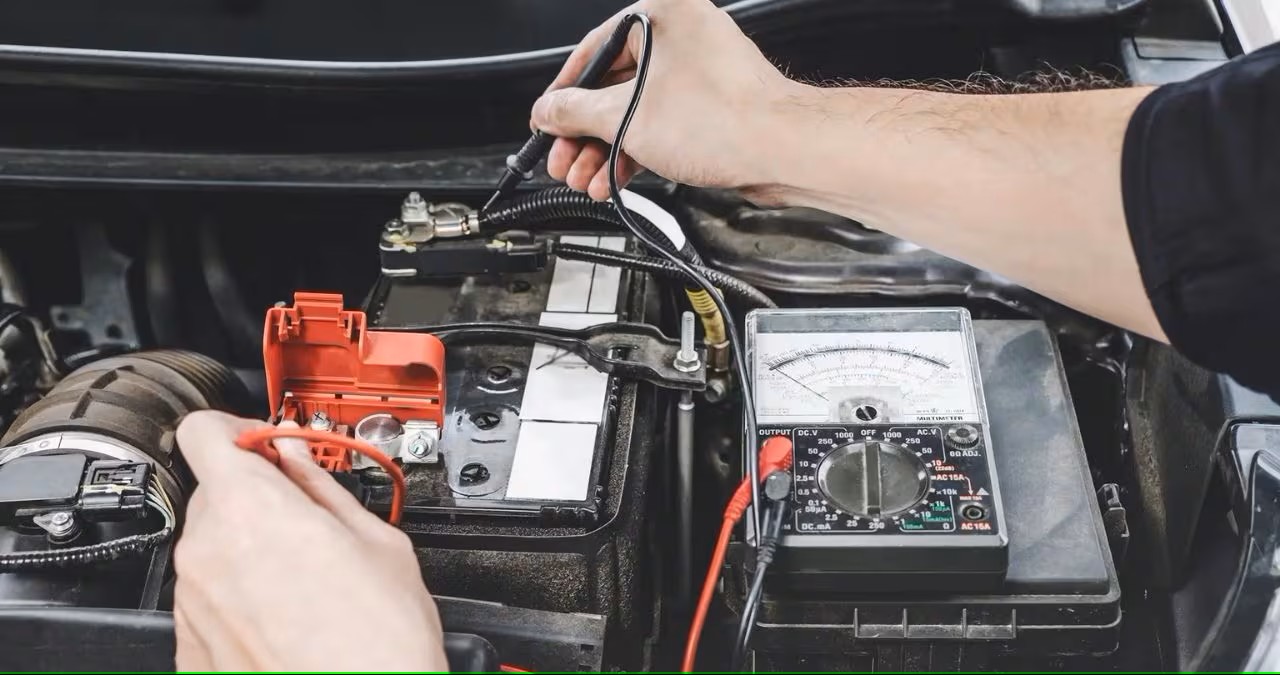Extending the life of your car by an additional 50,000 miles not only saves you money but also ensures a smoother, more reliable driving experience. With proper maintenance and a few mindful practices, you can significantly enhance your vehicle’s longevity.
Regular maintenance, such as timely oil changes, tire rotations, and fluid checks, is crucial to keeping your engine running smoothly. Paying attention to warning signs like unusual noises or the check engine light can help catch potential issues early before they escalate into costly repairs.
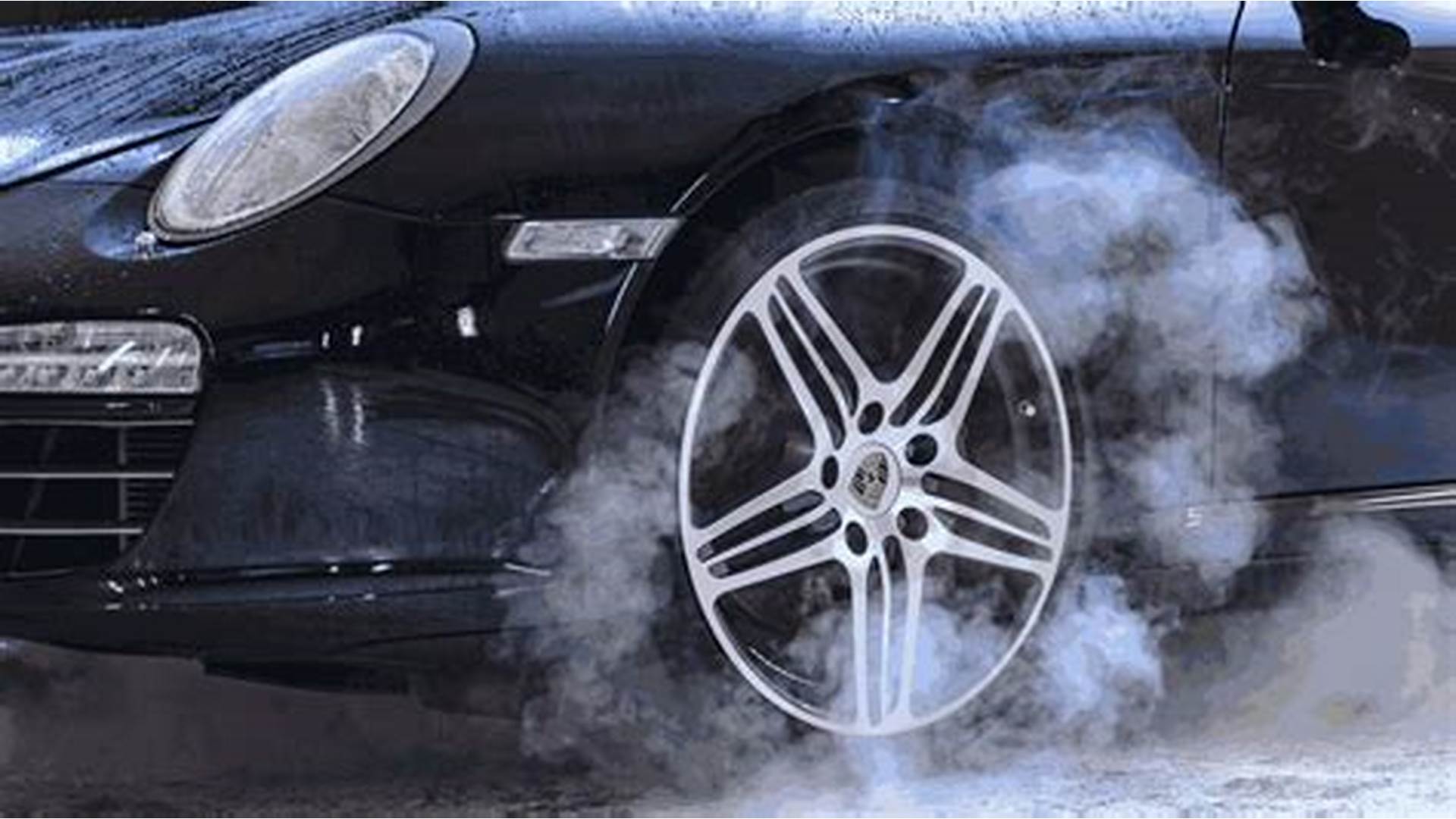
Adopting good driving habits, such as avoiding aggressive acceleration and braking, also plays a vital role in preserving your car’s health. Additionally, protecting your car from harsh environmental conditions and keeping it clean both inside and out can prevent wear and tear. Here are some tips to help you achieve that extra mileage:
1. Regular Maintenance
Adhere to the Maintenance Schedule: Follow the manufacturer’s recommended maintenance schedule religiously. This includes oil changes, tire rotations, brake inspections, and fluid top-ups. Regular maintenance ensures that all parts of your car are working efficiently and helps prevent small issues from turning into major problems.
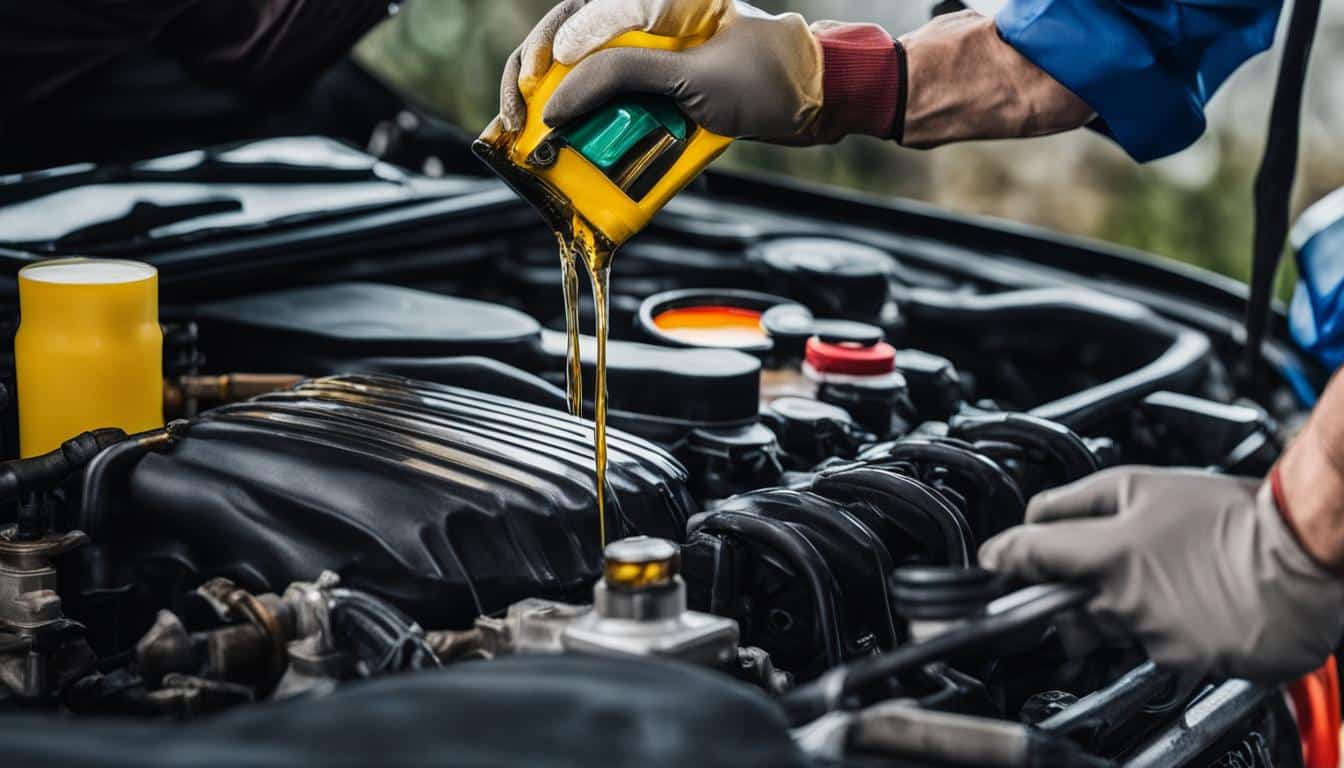
Choose Quality Fluids and Parts: Use high quality engine oil, transmission fluid, brake fluid, and other necessary fluids. Similarly, opt for OEM (original equipment manufacturer) parts or high-quality aftermarket parts to ensure compatibility and reliability.
2. Pay Attention to Warning Signs
Check Engine Light: Never ignore the check engine light. It can indicate a range of issues, from minor sensor malfunctions to significant engine problems. Addressing these issues promptly can prevent further damage.
Unusual Noises and Vibrations: Be alert to any strange sounds or vibrations coming from your vehicle. These can be early warning signs of issues like worn-out bearings, faulty spark plugs, or tire imbalances. Getting these checked and fixed early can save you from more extensive (and expensive) repairs later on.
3. Keep it Clean
Regular Washing: Wash your car regularly to remove dirt, salt, and other contaminants that can cause corrosion and rust. Pay special attention to the undercarriage, where road salt and grime accumulate.
Protect the Interior: Clean and vacuum the interior frequently to prevent wear and tear on the seats, carpets, and dashboard. Use protective sprays and conditioners on the seats and dashboard to keep them looking new and prevent cracking or fading.
4. Drive Smart
Smooth Driving: Avoid aggressive driving habits like rapid acceleration, hard braking, and high-speed driving. These actions put extra stress on your engine and transmission, leading to increased wear and tear. Smooth driving not only extends your car’s life but also improves fuel efficiency.
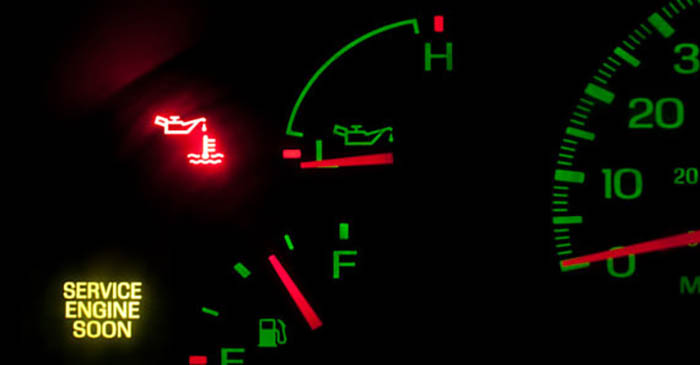
Avoid Overloading: Don’t carry unnecessary weight in your car. Excessive weight puts additional strain on the engine, brakes, and suspension, which can shorten their lifespan.
5. Monitor Tire Health
Maintain Proper Tire Pressure: Check your tire pressure regularly and keep it at the recommended level. Under inflated tires can cause uneven wear, reduce fuel efficiency, and increase the risk of blowouts.
Rotate Tires: Rotate your tires according to the manufacturer’s recommendations to ensure even wear and extend their lifespan. Properly balanced and aligned tires also contribute to a smoother and safer ride.
6. Protect Your Car from Harsh Elements
Garage Parking: If possible, park your car in a garage to protect it from extreme temperatures, UV rays, and weather elements like rain and snow. This can prevent paint damage, rust, and interior fading.
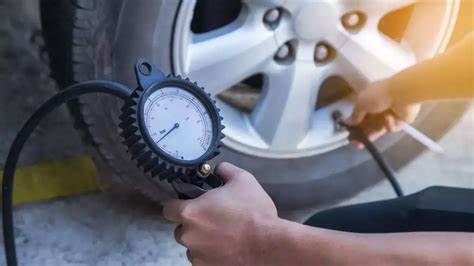
Use Car Covers: If garage parking isn’t an option, invest in a high-quality car cover to shield your vehicle from the elements. Car covers can protect against dust, bird droppings, and tree sap, which can damage the paint.
7. Seasonal Care
Winter Preparation: Before winter sets in, ensure your car is ready for the cold. Check the antifreeze levels, battery health, and tire tread. Consider using winter tires for better traction.
Summer Maintenance: In summer, check the cooling system, air conditioning, and tire pressure regularly. High temperatures can affect the performance and longevity of your car’s components.
By following these tips, you can extend the life of your car by 50,000 miles or more. Regular maintenance, attentive driving, and protecting your vehicle from harsh elements are key to ensuring that your car remains reliable and performs well over the years. Investing time and effort into caring for your car will pay off in the long run, providing you with a smoother ride, fewer repairs, and greater satisfaction.

